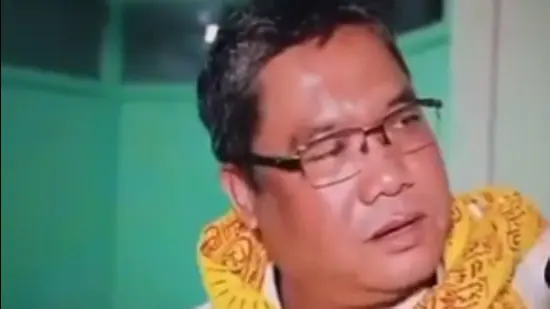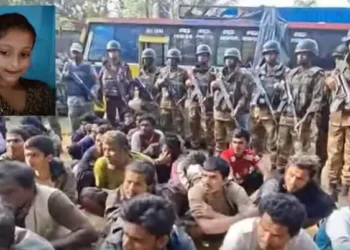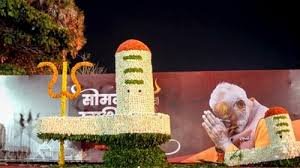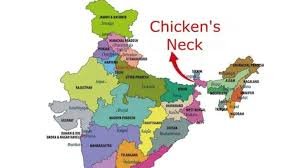In an exclusive interview with Imphal Times, Meitei Leepun chief M. Pramot Singh firmly stated that peace talks with the Kuki community would only be possible after legal justice is delivered and simultaneous disarmament occurs. Singh outlined the group’s commitment to defending Meitei villages and preserving cultural heritage amidst escalating ethnic tensions in Manipur.
By PC Bureau
Meitei Leepun chief, M. Pramot Singh, has declared that peace talks with the Kuki community will not be entertained until “legal justice” is served. He emphasized that Meitei village volunteers would not surrender their weapons unless Kuki militants, described as heavily armed, are disarmed simultaneously.
Meitei Leepun has been accused by Kuki organizations of involvement in attacks on Kuki villages and areas during the ongoing conflict between the Meitei and Kuki communities in Manipur.
In an exclusive interview with Imphal Times, Singh reiterated his stance: “We will not engage in peace talks until justice is delivered. Internally Displaced Persons must return to their original lands in Churachandpur, Moreh, and the interiors of Jiribam. Those responsible for the mass eviction of Meiteis from these areas must be punished. This is the position of Meitei Leepun.” Drawing a parallel, Singh questioned, “If illegal immigrants in Assam or Bengal evicted the original inhabitants after decades of occupation, would peace be immediately pursued? Our fight is for survival and the integrity of Manipur.”
Singh attributed the ongoing ethnic conflict to several factors, including government actions targeting illegal immigration, dismantling drug cartels, and removing encroachments from reserved forest areas. He also alleged that the Kukis aim to create an “ethno-centric Christian nation,” citing conflicts involving Kuki militants in Bangladesh’s Chittagong Hill Tracts and Myanmar’s Chin State as evidence.
“They seek to carve out a Christian state in this region, which will not stop at Manipur. Historical records clearly describe Kukis as an aggressive nomadic tribe migrating to Manipur from Myanmar since the mid-19th century. Their population has grown significantly due to unchecked illegal immigration, fueling dreams of a separate state,” Singh alleged, warning that similar ambitions could extend to other regions where Kuki populations are growing.
Singh acknowledged that the immediate trigger for the conflict was the May 3 incident in Torbung, Bishnupur district, where an armed mob from Churachandpur allegedly attacked and torched Meitei localities. He also highlighted preceding tensions, including an April 27 incident where a mob in Churachandpur vandalized a gym and a venue scheduled for the Chief Minister’s visit, as well as a violent rally in Kangpokpi protesting evictions.
On allegations of Meitei Leepun’s involvement in the violence, Singh retorted, “Our villages were attacked by Kuki and Zo militants. Women, children, and elders were killed, and homes were burnt. We retaliated to defend our lives and properties. Let it be clear: Meitei Leepun has not attacked any Kuki villages. We have only defended our homes using licensed weapons.”
Regarding the surrender of weapons, Singh argued, “Village volunteers cannot surrender their arms while Kuki militants remain heavily armed. Disarmament must be simultaneous. It’s unrealistic to expect otherwise, especially when militants are still capable of launching attacks despite the presence of central forces.”
Singh dismissed accusations of Meitei Leepun being a radical organization, asserting that their mission is limited to preserving Meitei culture and heritage within the legal framework. “We are not advocating political or social change. Unprovoked attacks have forced us to defend ourselves,” he stated.
Addressing the broader implications of the crisis, Singh warned of anti-national elements exploiting the situation. “North East India is rife with such forces, and they are already influencing mobs in some areas. India must empower pro-national groups committed to the law and the nation’s integrity,” he concluded.
Singh also highlighted Meitei Leepun’s cultural contributions, such as their participation in Republic Day parades and initiatives to instill discipline and values in children through weekly programs. These efforts, he emphasized, reflect the organization’s commitment to the nation and its heritage.













